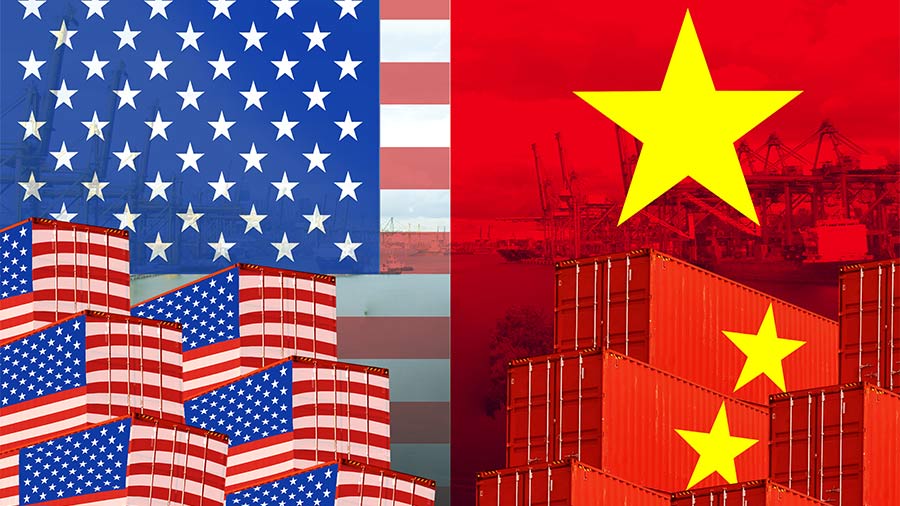Intel Builds First Made-in-Vietnam CPU
 HCMC – On July 29, Intel announced that it had produced the first made-in-Vietnam CPU. By the end of this year, Intel expects to manufacture 80 percent of their CPUs for the world market in Vietnam. The new CPU is part of the fourth generation of Intel CPUs which are used for desktops, laptops and mobile phones.
HCMC – On July 29, Intel announced that it had produced the first made-in-Vietnam CPU. By the end of this year, Intel expects to manufacture 80 percent of their CPUs for the world market in Vietnam. The new CPU is part of the fourth generation of Intel CPUs which are used for desktops, laptops and mobile phones.
Intel was one of the first high tech companies to build a factory in Vietnam. In 2006, the company opened its factory in Ho Chi Minh City (HCMC) with a total registered capital of US$300 million. After a year, Intel increased its investment in Vietnam to US$1 billion.
 RELATED: Dezan Shira & Associates’ Information Technology-Based Solutions
RELATED: Dezan Shira & Associates’ Information Technology-Based Solutions
In 2010, the HCMC factory began assembling and testing semiconductor components. In late 2013, it launched Atom SoC (system on a Chip). The total 2013 export revenue for Intel in Vietnam was US$2 billion.
According to the CEO of Intel Products Vietnam, Sherry Boger, by investing in Vietnam, Intel is getting on the right track to increase its worldwide production capability. Ms. Boger has also highly praised Vietnamese employees for their abilities, as evidenced by the high quality of the made-in-Vietnam chips, which always meet customer expectations.
RELATED: Jumpstarting Tech Development and Startups in Vietnam
However, currently, the localization rate of Intel’s Vietnamese plant is not very high since only a few local enterprises have been able to qualify to become its equipment and parts suppliers.
The Vietnamese government hopes that it can raise the localization rate at Intel’s factories and at other foreign-run factories. In order to achieve this, the government is running a number of programs intended to develop the country’s support industries. Intel has been watching these activities with much interest and has expressed its positive view about the future of its production activities in Vietnam.
In 2010, only three Vietnamese firms were able to supply parts to the Intel plant, but by 2014 this number had increased to 16. Intel has indicated that, if Vietnamese suppliers can meet the company’s high technology standards, they will be willing to use more local suppliers. Using local suppliers would allow the company to improve its supply chain and save an appreciable amount of time and money. Intel has announced the goal of reaching an 80 percent localization rate in Vietnam.
The recent announcement of the production of Intel’s first made-in-Vietnam CPU has further reinforced the notion that Vietnam, and HCMC in particular, are key investment destinations for high tech companies.
In order to continue building its attractiveness, HCMC has repeatedly promised to provide foreign investors with the best possible conditions and opportunities to establish and grow their business in Vietnam.
Asia Briefing Ltd. is a subsidiary of Dezan Shira & Associates. Dezan Shira is a specialist foreign direct investment practice, providing corporate establishment, business advisory, tax advisory and compliance, accounting, payroll, due diligence and financial review services to multinationals investing in China, Hong Kong, India, Vietnam, Singapore and the rest of ASEAN. For further information, please email vietnam@dezshira.com or visit www.dezshira.com.
Stay up to date with the latest business and investment trends in Asia by subscribing to our complimentary update service featuring news, commentary and regulatory insight.
Related Reading
 Developing Your Sourcing Strategy for Vietnam
Developing Your Sourcing Strategy for Vietnam
In this issue of Vietnam Briefing Magazine, we outline the various sourcing models available for foreign investors – representative offices, service companies and trading companies – and discuss how to decide which structure best suits the sourcing needs of your business.
 Manufacturing in Vietnam to Sell to ASEAN and China
Manufacturing in Vietnam to Sell to ASEAN and China
In this issue of Vietnam Briefing Magazine, we introduce our readers to manufacturing in Vietnam as a key part of their business strategy within the ASEAN region and beyond. Specifically, we explain the new ASEAN Free Trade Area, outline what foreign investors can look forward to when creating their manufacturing presence in the country, and introduce the country’s key tax points.
- Previous Article Vietnam Could Become World’s Largest Coffee Producer and Exporter
- Next Article Japan to Help Vietnam Build-up Four Key Industries

































